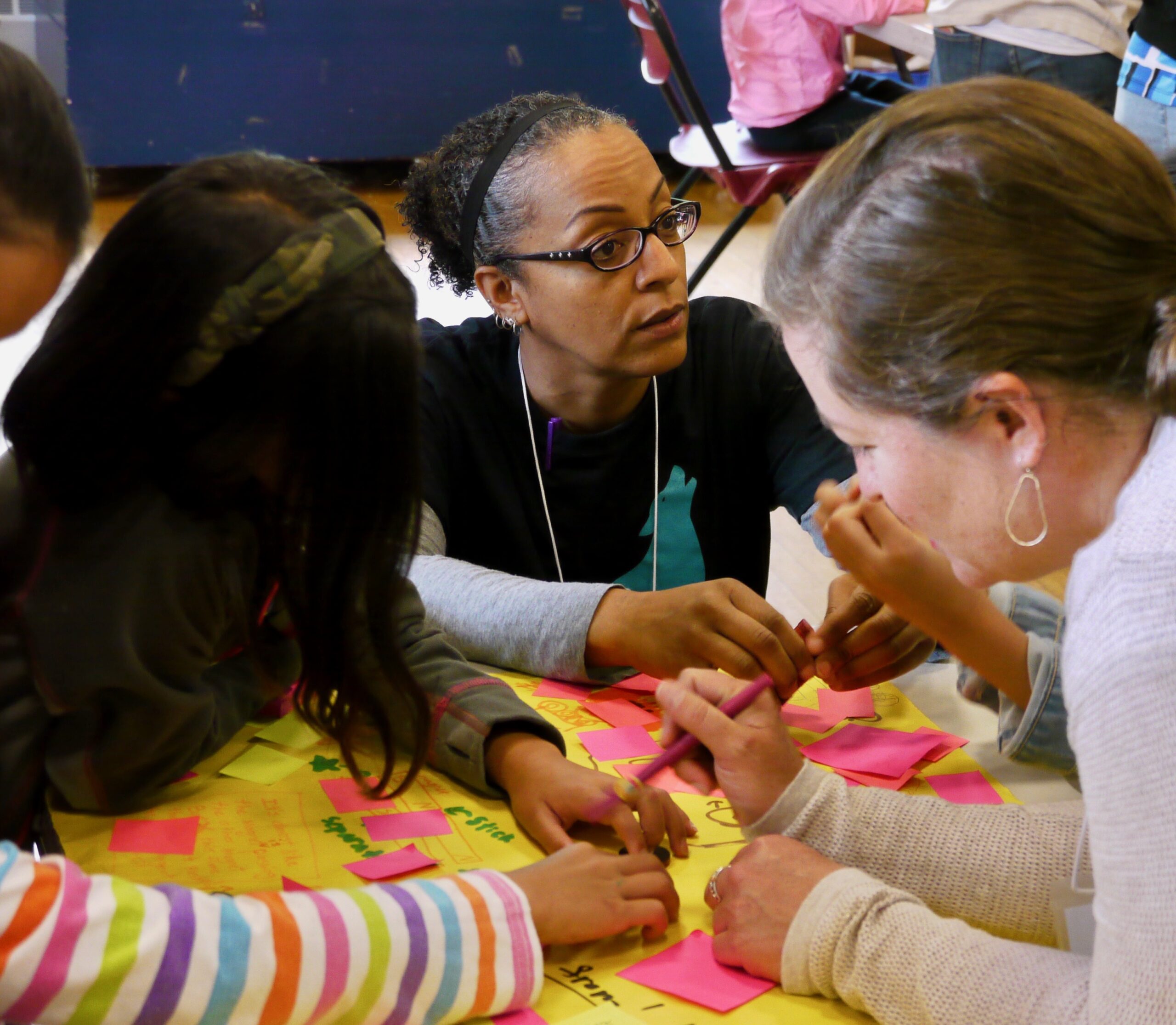In this resource, we feature three stories about instructional coaching from across the United States. These stories demonstrate a variety of ways educators support the professional learning of science teachers through coaching for more ambitious and equitable approaches to science education. You will also find some templates for the work that is mentioned and many links to other resources.
Developed by:
Josh Simodet and Ann Schumacher, Puyallup School District
Nathan Spencer, Wayne RESA, Michigan
Dr. Meenakshi Sharma, Mercer University





 This site is primarily funded by the National Science Foundation (NSF) through Award #1907471 and #1315995
This site is primarily funded by the National Science Foundation (NSF) through Award #1907471 and #1315995